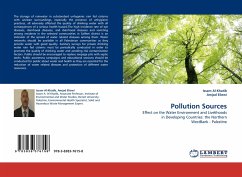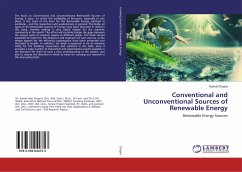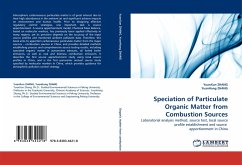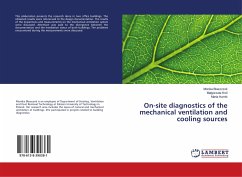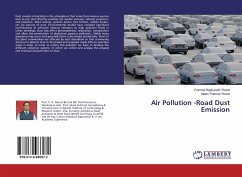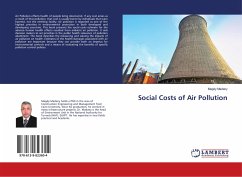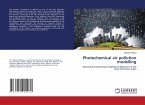The storage of rainwater in substandard unhygienic rain fed cisterns with unclean surroundings, especially the presence of unhygienic practices, all adversely affected the quality of drinking water with all consequences of a serious health hazard.The high incidence rate of eye diseases, diarrhoeal diseases, and diarrhoeal diseases and vomiting among residents in the selected communities in Salfeet district is an indicator of the spread of water related diseases among them. Water networks should be available in all Palestinian communities as they provide water with good quality. Sanitary surveys for private drinking water rain fed cisterns must be periodically conducted in order to promote the quality of drinking water and avoiding risk contamination factors. Public should be encouraged to replace seepage pits with septic tanks. Public awareness campaigns and educational sessions should be conducted for public about water and health as they are essential for the reduction of waterrelated diseases and protection of different water resources.
Bitte wählen Sie Ihr Anliegen aus.
Rechnungen
Retourenschein anfordern
Bestellstatus
Storno

